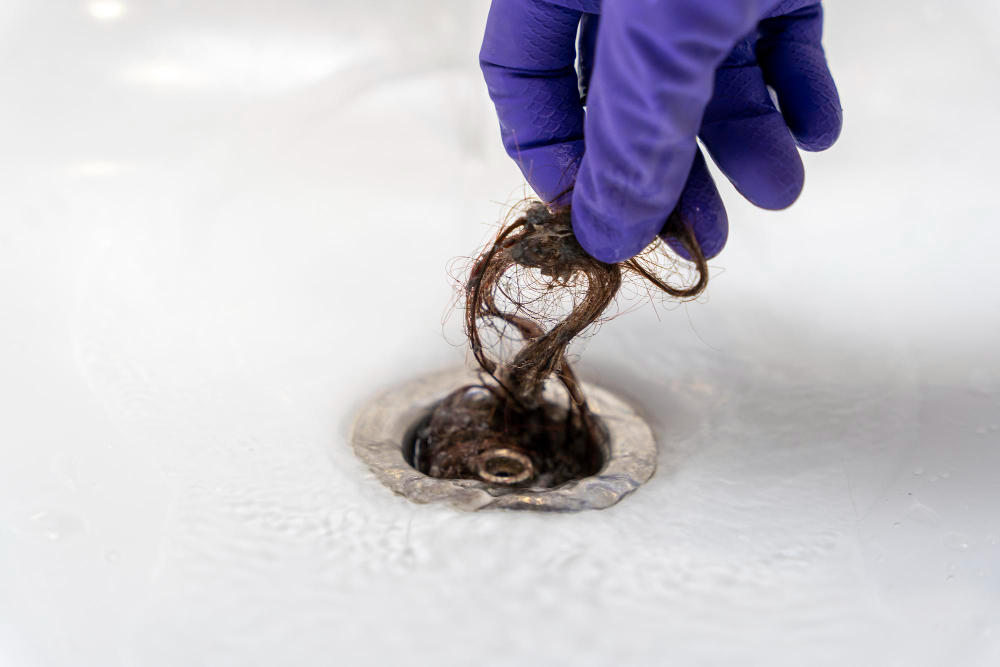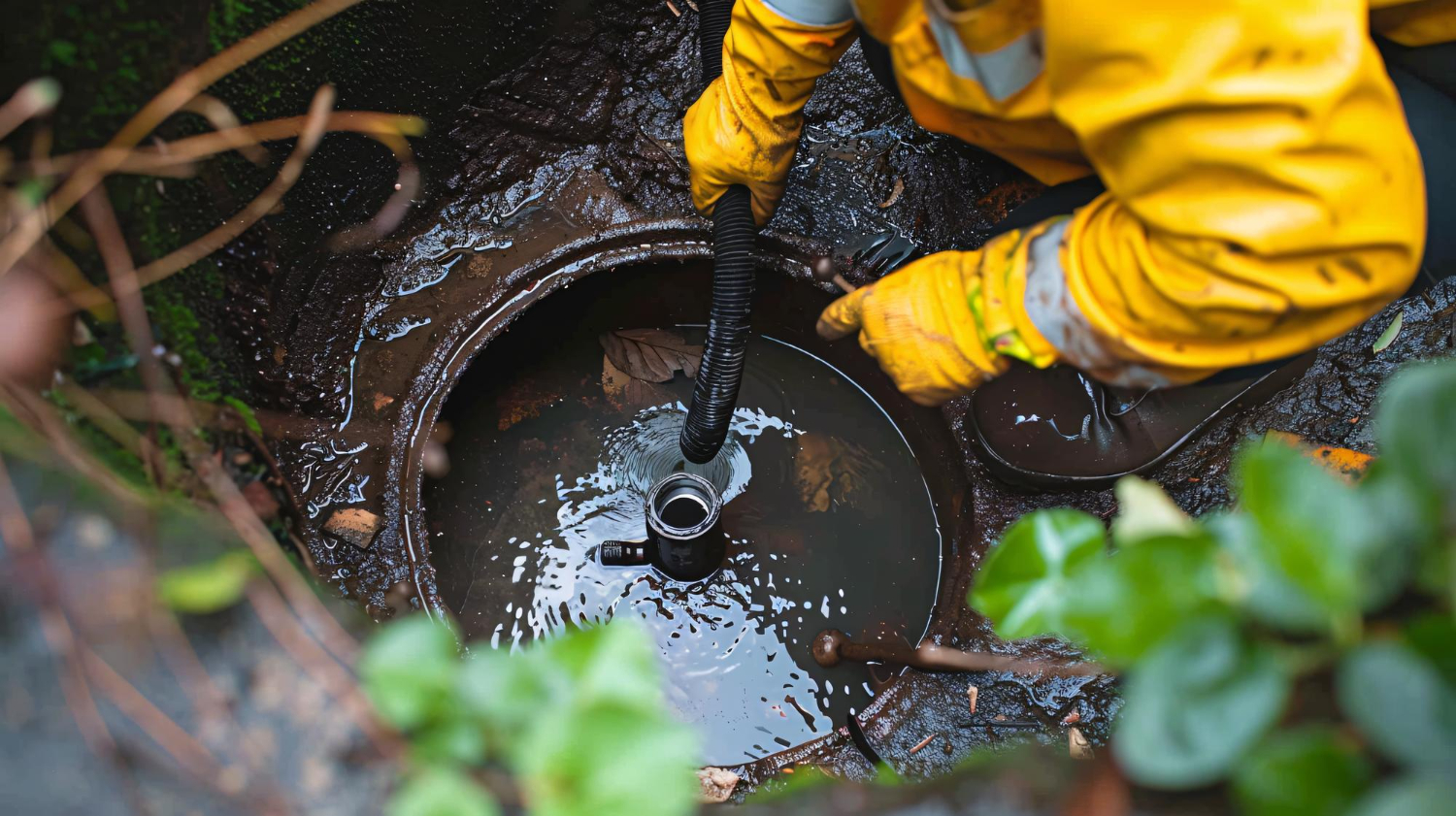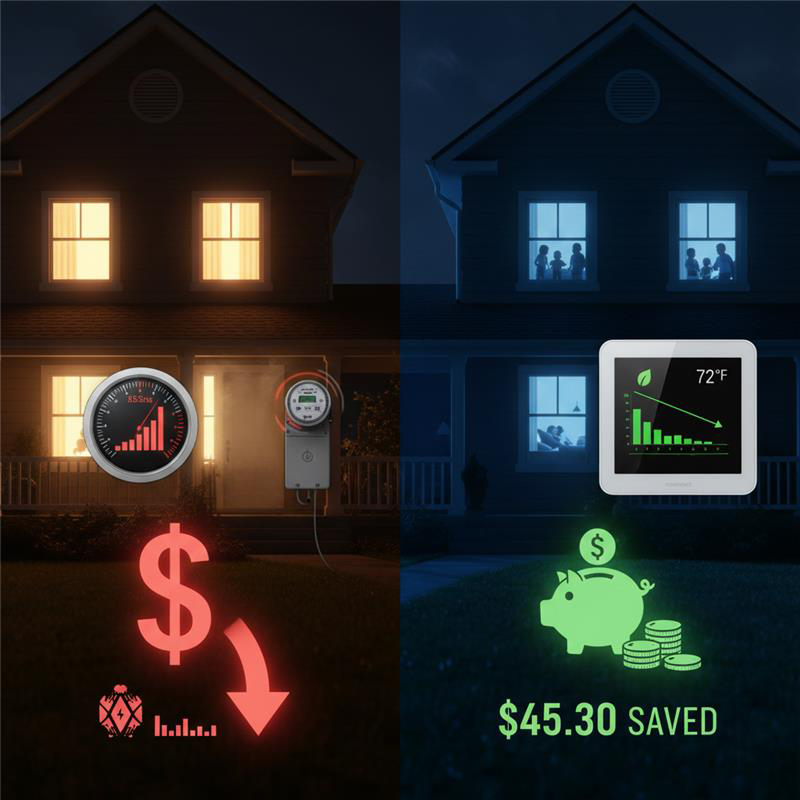Compressors are very important parts of HVAC and cooling systems. But when they freeze over, they can make the system less effective, require expensive fixes, and cause it to be shut down. This piece will talk about what causes of compressor freezing over and what you can do to fix the problem and keep it from happening.
Table of Contents

Understanding the Causes of Compressor Freezing Over
Before exploring the causes of compressor freezing over, it’s crucial to understand what freezing entails. A frozen compressor occurs when ice accumulates on the unit, often affecting performance and causing system failure. The primary reasons behind freezing involve airflow, refrigerant levels, and mechanical issues.
1. Restricted Airflow: The Silent Culprit
One of the most common causes of compressor freezing over is restricted airflow. When air cannot flow freely through the system, the evaporator coil’s temperature drops significantly, leading to ice formation. Causes of restricted airflow include:
- Dirty Air Filters: Clogged filters hinder air circulation, forcing the system to work harder.
- Blocked Vents: Obstructions in the vents reduce the amount of air reaching the compressor.
- Damaged Ductwork: Leaks or blockages in ducts restrict airflow, causing uneven cooling.
Solution: Regularly inspect and replace air filters, clear obstructions from vents, and seal any ductwork leaks.
2. Low Refrigerant Levels: The Inevitable Hazard
Refrigerant plays a pivotal role in the cooling process. Low refrigerant levels are among the leading causes of compressor freezing over. Insufficient refrigerant causes the evaporator coil to cool excessively, forming ice.
Common Reasons for Low Refrigerant:
- Leaks in the refrigerant lines.
- Incorrect refrigerant charge during installation.
Solution: Always hire a professional to check and recharge refrigerant levels. Address leaks promptly to avoid recurring issues.
3. Thermostat Issues: The Hidden Trigger
A malfunctioning thermostat can directly lead to the compressor freezing up. If the thermostat fails to detect the correct temperature, it may overheat the system, resulting in ice formation.
Signs of Thermostat Problems:
- Inconsistent temperature settings.
- The compressor is running continuously.
Solution: Test your thermostat regularly. Replace it if it’s outdated or malfunctioning.
4. Dirty Evaporator Coils: The Overlooked Problem
Dirt and debris on the evaporator coils act as an insulating layer, preventing heat exchange. This causes the temperature to drop and ice to accumulate, eventually freezing the compressor.
Solution: Schedule professional maintenance to clean evaporator coils at least once a year. This ensures optimal system performance.
5. Faulty Blower Fan: The Disruptive Component
The blower fan ensures proper airflow across the evaporator coil. A malfunctioning fan can reduce airflow, causing the coil to freeze and leading to a frozen compressor.
Indicators of a Faulty Blower Fan:
- Strange noises from the fan.
- Reduced air circulation.
Solution: Inspect the blower fan regularly for damage or wear and tear. Replace it if necessary.
6. Incorrect System Settings: The Easily Avoidable Mistake
Improper settings, such as setting the thermostat too low, can lead to continuous cooling, which overworks the system and causes of compressor freezing over.
Solution: Adjust your thermostat settings to a reasonable temperature. Avoid running the system for extended periods without breaks.
7. Insufficient Maintenance: The Root Cause
Lack of routine maintenance is a leading cause of compressor freezing over. Over time, minor issues can escalate into significant problems, resulting in freezing.
Solution: Schedule regular maintenance with an HVAC professional to identify and address potential problems early.
Preventing Compressor Freezing Over
Now that we’ve explored the causes of compressor freezing over, let’s focus on preventive measures:
- Regular Inspections: Conduct monthly checks to identify issues early.
- Professional Servicing: Schedule annual maintenance to keep your system in top shape.
- Monitor Refrigerant Levels: Ensure proper levels to prevent freezing.
- Maintain Airflow: Keep filters and vents clean and unobstructed.
- Use Smart Thermostats: Upgrade to a smart thermostat for better temperature regulation.
Conclusion
Understanding the causes of compressor freezing over is the first step toward ensuring the longevity and efficiency of your HVAC or refrigeration system. By addressing issues like restricted airflow, low refrigerant levels, and insufficient maintenance, you can prevent freezing and avoid costly repairs.
FAQs
Q1. What are the first signs of a frozen compressor?
Reduced cooling efficiency and visible ice buildup are common indicators.
Q2. Can I fix a frozen compressor myself?
While you can address minor issues like replacing filters, professional help is recommended for refrigerant or mechanical problems.
Q3. How often should I clean my air filters
Clean or replace filters every 1-3 months, depending on usage and environmental factors.
Q4. Is low refrigerant dangerous for my system?
Yes, low refrigerant can cause freezing and lead to long-term damage if not addressed.
Q5. How much does it cost to repair a frozen compressor?
Costs vary depending on the issue, ranging from $150 for minor repairs to over $1,000 for significant fixes.
Do you have questions, or are you ready to start your next project? Explore our services at AiRCO Mechanical!






